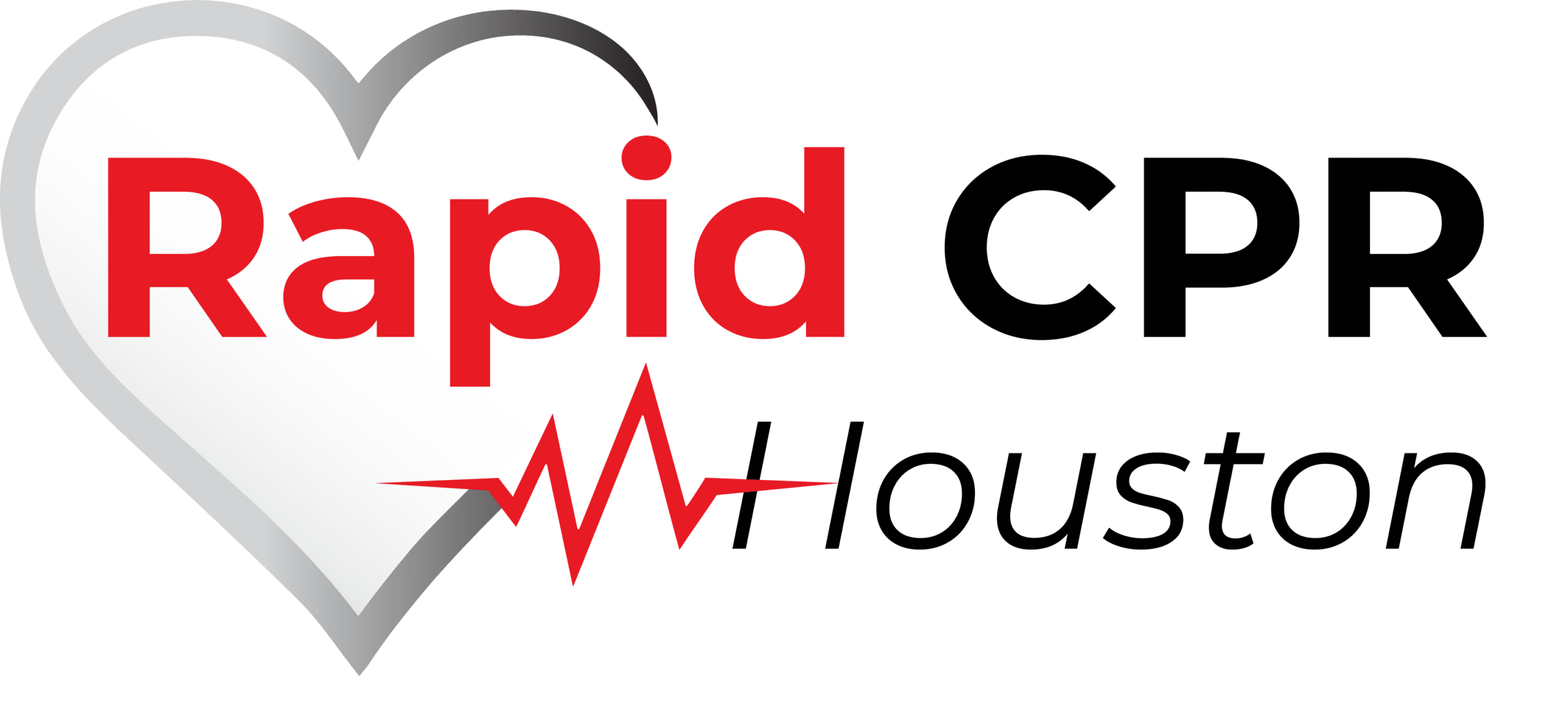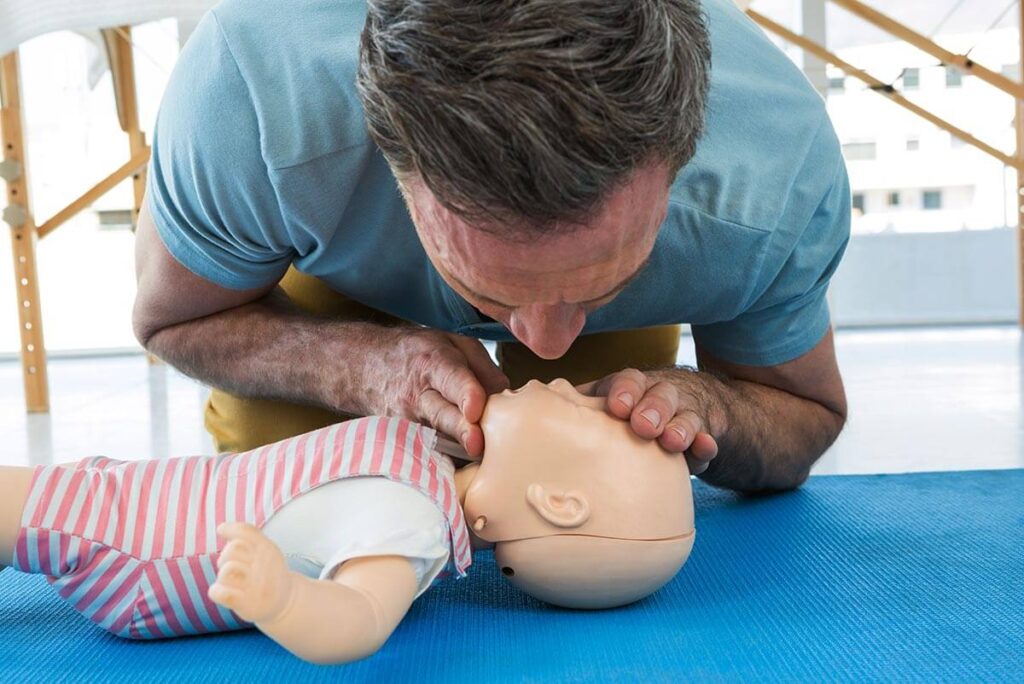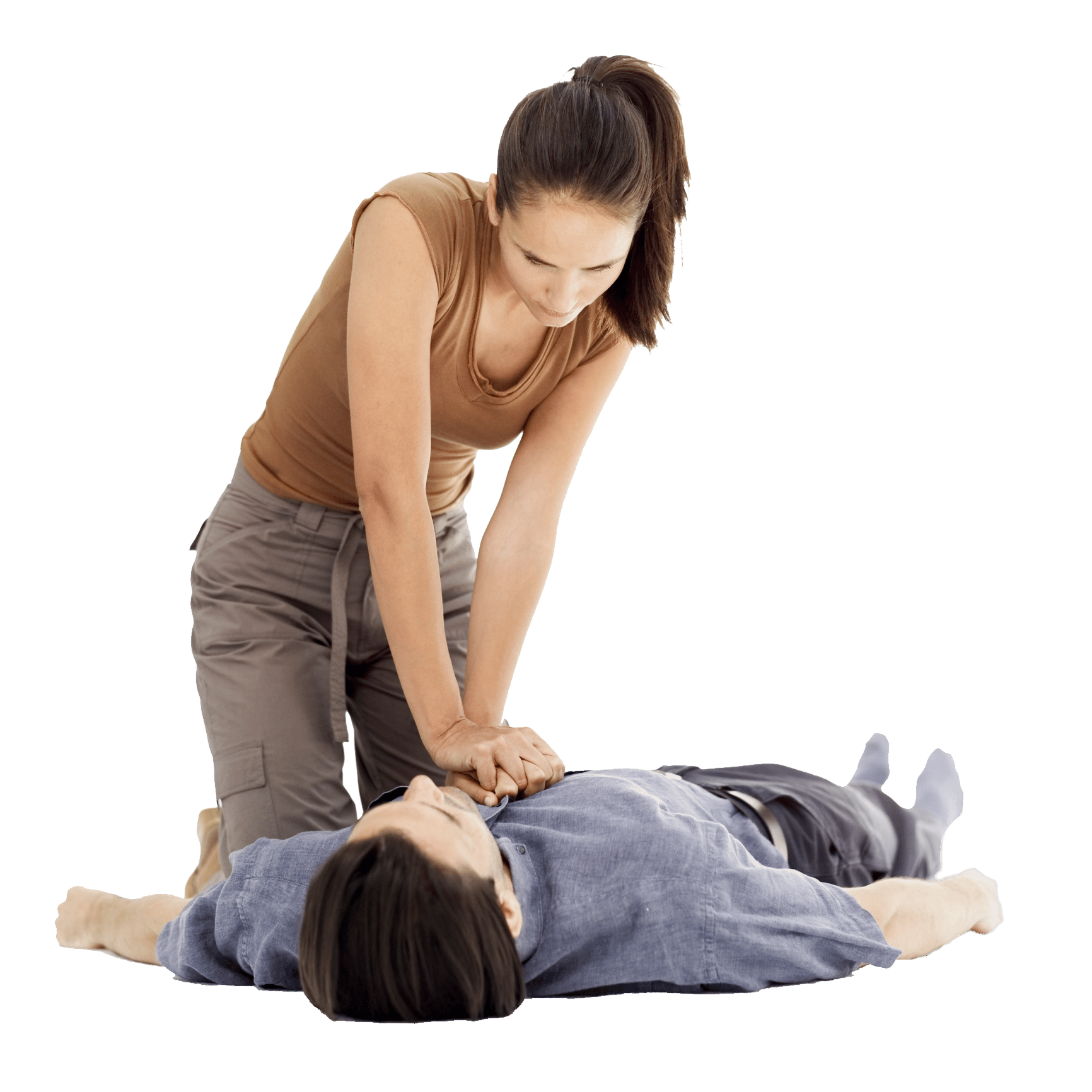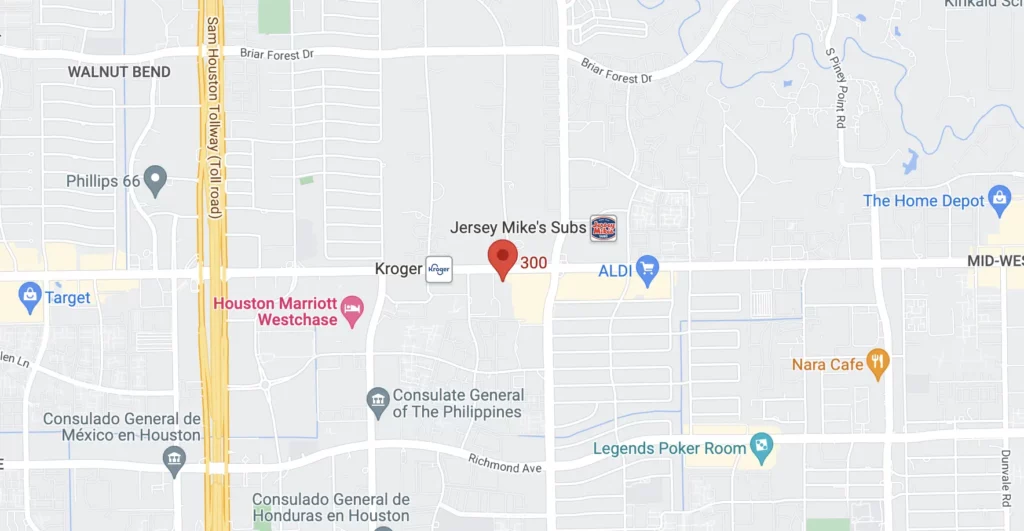Why Every Parent in Houston Should Learn CPR to Protect Their Children
Parents have a big job: keeping their kids safe and healthy. One important skill that can help is knowing CPR. CPR stands for Cardiopulmonary Resuscitation, and it’s a way to help someone who has stopped breathing or whose heart has stopped beating. When you learn CPR, you gain the skills to respond quickly in an emergency, which could save the life of a child.
The Importance of CPR Knowledge for Parents
For parents, knowing CPR is crucial for ensuring the safety and well-being of their children. Accidents can happen at any time, and being prepared to respond immediately can make a significant difference. Children’s environments are full of potential hazards, from playgrounds to swimming pools to home kitchens. This unpredictability makes it essential for parents to possess CPR knowledge.
Understanding CPR helps parents act quickly in emergencies such as choking, drowning, or sudden cardiac arrest, where timing is critical. Even a few minutes delay can have serious consequences. Being equipped with CPR skills means parents can bridge that gap while waiting for professional help to arrive.
Having CPR skills also brings psychological benefits. Parents gain confidence in their ability to handle emergencies, reducing panic and stress when quick and decisive action is needed. Being ready for unexpected situations provides peace of mind, knowing they’ve done everything possible to protect their children.
Key Differences in Performing CPR on Children and Infants
Performing CPR on children and infants differs significantly from adult CPR, due to anatomical and physiological variations. These differences dictate the techniques and methods used, making it essential that parents are aware and trained accordingly.
1. Size and Weight: Children and infants have smaller bodies and more delicate structures. This means less force is required during compressions and breathing interventions.
2. Heart Rate: Children generally have faster heart rates, which affects the rhythm and speed of CPR actions.
3. Airway Sensitivity: The airways of infants and children are narrower and more flexible. It’s crucial to handle them gently to avoid injury or obstruction.
Parents learning child-specific CPR should consider:
– Knowing the right amount of force and technique for compressions.
– Understanding the appropriate volume of breaths to give.
– Being trained on signs to look for before and after performing CPR.
These techniques ensure that CPR is performed safely and effectively for each age group, providing the best chance for recovery.
CPR Certification Classes for Parents in Houston
Attending CPR certification classes tailored for parents in Houston offers a structured pathway to acquiring crucial emergency response skills. These classes are designed specifically to address the needs of different age groups, ensuring parents can appropriately respond to emergencies involving infants, children, and adults. By participating in these classes, parents learn age-appropriate CPR techniques and how to use an Automated External Defibrillator (AED) effectively.
The benefits of attending professional CPR classes are manifold. First, hands-on training enhances skill retention, ensuring that parents can perform CPR confidently when necessary. Training in a classroom setting offers more than just theoretical knowledge; it provides practical experience that is indispensable in real-life situations.
Classes are conveniently scheduled on Wednesday evenings and Saturday mornings, making it easy for busy parents to attend. Each session lasts about 75 minutes, providing ample time to cover essential techniques without feeling rushed. This structured format ensures comprehensive learning, balancing lectures with interactive practice sessions to reinforce understanding.
Building a Safe Environment at Home
Creating a safe environment at home is a proactive step in ensuring your family’s well-being. Accidents often occur at home, but many can be prevented with simple precautions. Parents should regularly survey potential hazards and address them promptly. Key areas to focus on include securing furniture to avoid tipping, maintaining safe stairways, and ensuring electrical outlets are covered.
A well-stocked first aid kit is essential and should be easily accessible in case of emergency. Parents should familiarize themselves with the contents and how to use each item effectively, offering immediate care until professional help is available. Regularly check and replenish the kit to ensure nothing’s expired or missing.
To stay prepared, families should hold regular safety meetings. Discussing emergency plans and conducting practice drills can greatly improve response times and reduce panic during actual emergencies. These drills serve as a practical reminder of the importance of readiness and can boost confidence in handling unforeseen events.
Learn CPR for Kids’ Safety in Houston
Incorporating CPR knowledge and fostering a safe home environment sets a foundation for protecting your loved ones against unforeseen emergencies. With the right CPR certification, parents gain the tools necessary to intervene effectively in critical moments, transforming potential tragedies into family safety success stories. Learning these skills in a structured environment tailored for different age groups ensures comprehensive coverage and practical readiness.
Secure the safety of your family today by enrolling in a CPR class in Houston, TX, designed just for parents. Rapid CPR Houston offers tailored courses that equip you with the knowledge and confidence to make a difference when it matters most. Contact us now to find a class that fits your schedule and start your journey to becoming a proactive protector of your home and community.





